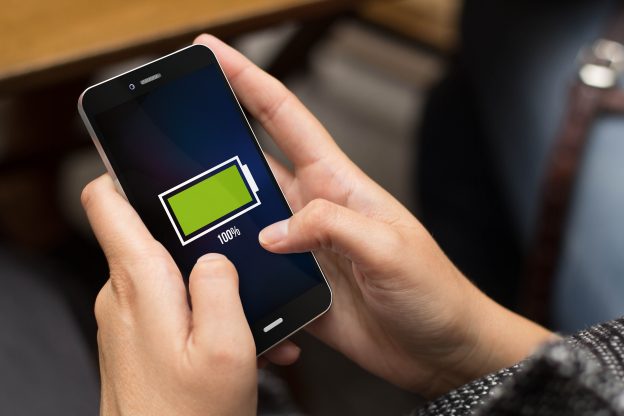
The energy density of commercial lithium-ion batteries has increased again. Recently, American lithium battery company Amprius shipped the first batch of silicon anode lithium-ion batteries, claiming that its battery storage capacity is 75% more than that of the Tesla Model 3 while also lighter and 37% less bulky.
At present, the specific energy of the Tesla Model 3 battery is approximately 260Wh/kg or 730Wh/l, while the specific energy and energy density of the Amprius lithium-ion battery have been significantly improved, with energy density falling at 450Wh/kg and 1,150Wh/l. Amprius pointed out that it has also previously delivered a batch of undisclosed batteries for the High Altitude Pseudo Satellite, which it claims is the most energy-dense battery to date.
The working principle of lithium-ion batteries is to allow lithium ions to shuttle between two poles to generate current. Lithium ions first start from the cathode, pass through the intervening electrolyte to reach the anode, and finally return to the cathode. Basically, the anode can be used as a lithium ion storage tank. In terms of battery capacity, the anode bears a heavy responsibility.
Traditional lithium-ion battery anodes use graphite but Amprius uses silicon nanowire anode technology to improve storage capacity. Although silicon can store 10 times more lithium than graphite, unfortunately, the volume of silicon expands by 300% when charging and it will shrink and return to normal when it is discharged. Once charged, the silicon material will be crushed into powder. At most, only 10% silicon is used, so the development of silicon anode technology is slow.
Amprius has switched to porous silicon nanowires and uses these wires to form a "staggered" forest, allowing silicon to withstand the expansion and contraction changes of charge and discharge. Amprius said that the silicon nanowires are directly placed into the anode substrate, not only improving conductivity, but also optimizing battery cycle life figures, and performance is "continuously improving". However, no details are given regarding battery life.
Even though the specific capacity and energy density of lithium-ion batteries are important, successful batteries also require information such as thermal performance, safety, charge-discharge rate, and cycle life. Of course, price is also a major factor. However, in terms of Amprius’ first client, they should trend towards the already high-priced aerospace and satellites sector and there may not be as much price competition.
(Image:AMPRIUS)







